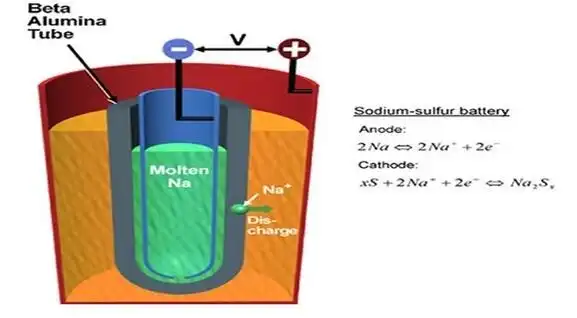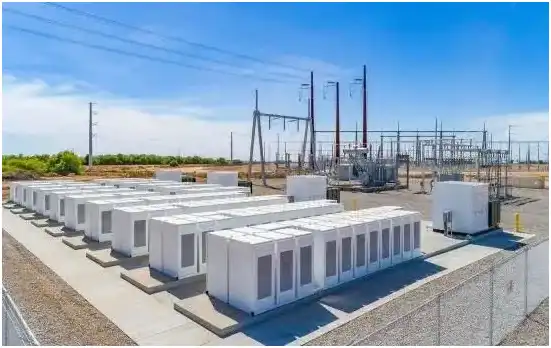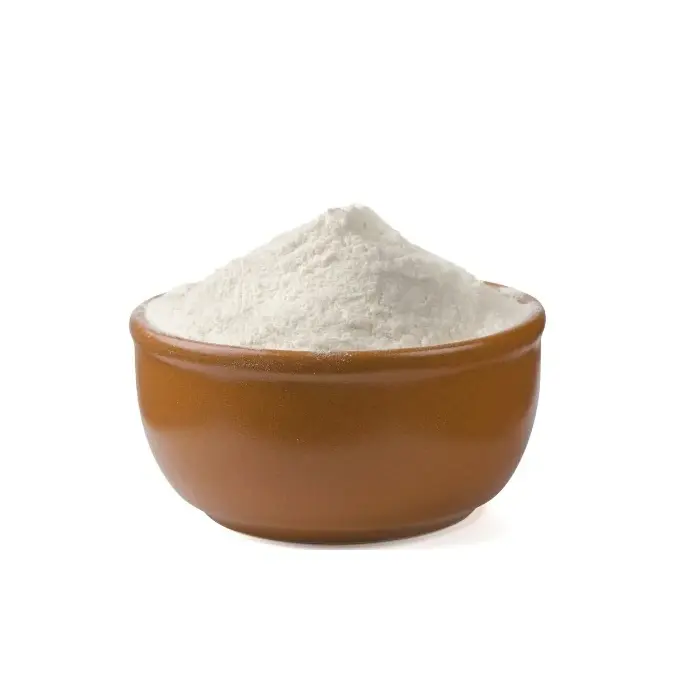1. Overview of sodium-sulfur batteries
Sodium-sulfur battery is a secondary battery that uses metallic sodium as the negative electrode, sulfur as the positive electrode, and alumina ceramics as the electrolyte diaphragm. release and storage of energy. In practical energy storage systems, the specific energy of sodium-sulfur batteries is significantly higher than that of other types of batteries, including the expected service life. Generally, the lifespan of sodium-sulfur batteries is 15 years, and that of other batteries is about 3-10 years.

2. Application of sodium sulfur battery
Sodium-sulfur batteries have been successfully used in peak shaving and valley filling, emergency power supply, wind power and other renewable energy sources, as well as improving power quality. There are hundreds of sodium-sulfur battery energy storage power stations in operation abroad. One of the most mature and potential advanced secondary batteries.
The operating temperature of the sodium-sulfur battery is between 300 and 350°C. Once the ceramic dielectric is damaged and forms a short circuit, the high-temperature liquid sodium and sulfur will directly contact, and a violent exothermic reaction will occur, resulting in a high temperature of 2000°C, which is quite dangerous, so There are still many technical problems in civilian use.

3. The use of magnesium oxide in sodium-sulfur batteries
Magnesium oxide is a particulate material with a white powder appearance, high purity and large specific surface area, and is often used in the production of batteries. Magnesium oxide has obvious small size effect, surface effect, quantum size effect and macro tunnel effect, no gas in the electrode, easy surface regeneration, small hydrogen and oxygen overpotential, and cheap price.
Sodium-sulfur batteries use magnesium oxide as a conductive dopant to generate magnesium-doped lithium-iron-manganese phosphate through a solid-state reaction, and further make a nanostructured positive electrode material, which has the advantages of high performance, safety, and low price, and is suitable for liquid and Colloidal lithium-ion batteries, small and medium-sized polymers, especially suitable for high-power power batteries.
4. The prospect of sodium-sulfur battery
Messi Biology said that sodium-sulfur batteries have obvious advantages in energy storage, and once they are commercialized, their application scale will expand rapidly. China is paying more and more attention to the development of the sodium-sulfur battery industry. The national key research and development plan “energy storage and smart grid technology” focuses on the research on metal sodium-sulfur-based energy storage batteries. Metal sodium-sulfur-based energy storage batteries are included, which will promote China’s sodium-sulfur battery Further in-depth research on sulfur battery technology will speed up the breakthrough of its technical bottleneck and lay the foundation for its commercial development.

